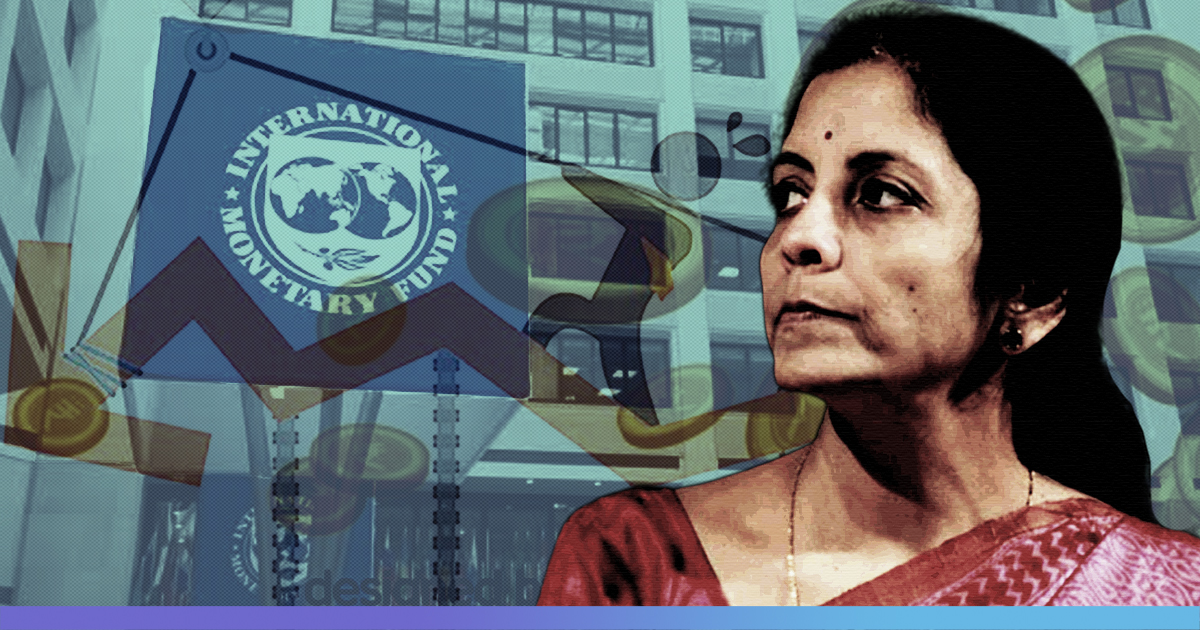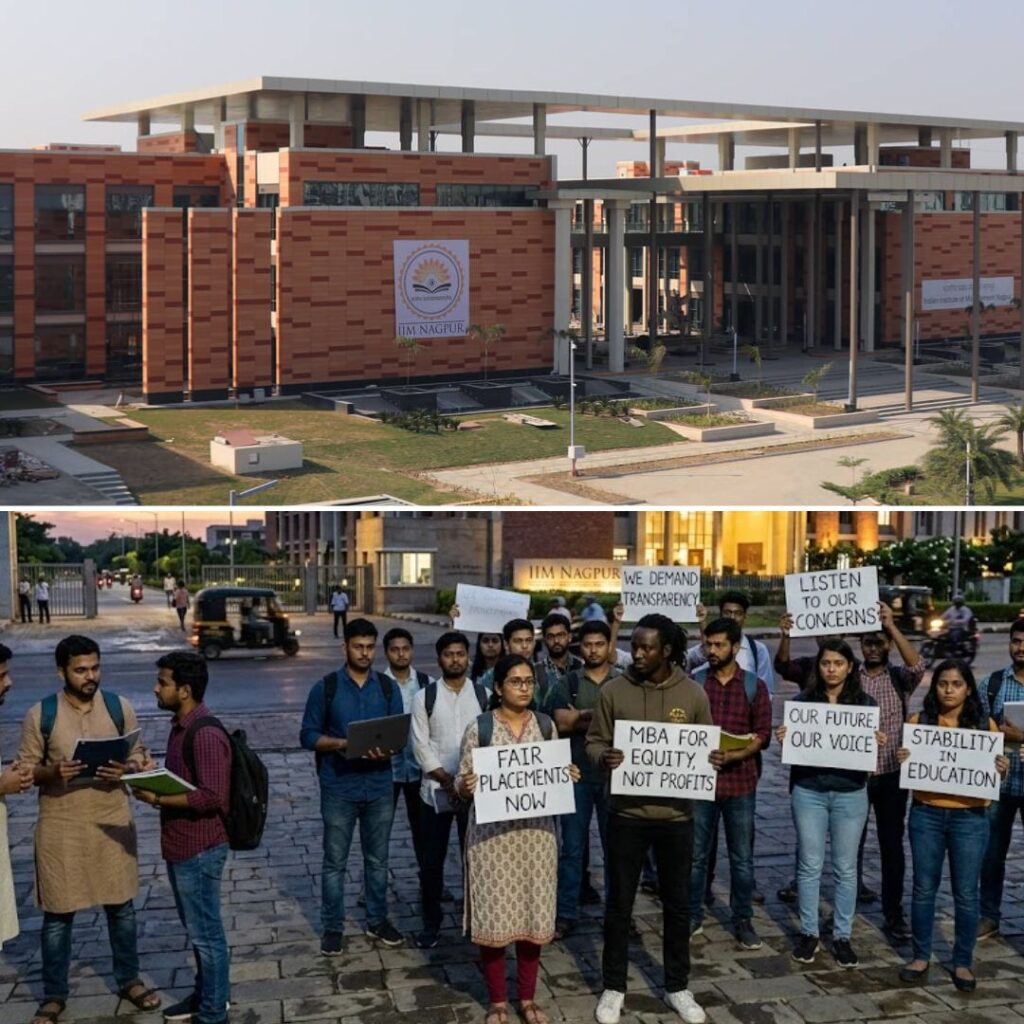Raising concerns over India’s seemingly opaque system when it comes to releasing actual fiscal numbers, a senior officer of the International Monetary Fund on Wednesday said that New Delhi needs to become more “transparent” on the fiscal numbers as it is a “laggard” among the G20 peers on this front.
“Fiscal transparency should be increased. It is fairly difficult for the private sector to get the full picture on fiscal standing,” the fund’s deputy director Anne-Mary Gulde said speaking at an NSE event.
The officer also expressed concern over India not addressing how will they make up for the massive Rs 1.45 trillion tax giveaways in the form of corporate tax cuts. She pointed out that the government has been missing its budgeted fiscal targets for the past few years and there is a need for a “credible fiscal consolidation” which is more ambitious as well.
The sharp comments on New Delhi came amidst 100 economists questioning the official data computation and pointing that the budget math did not add up and there was a hole worth Rs 1.7 trillion in the estimate.
“India is somewhat lacking in a programme on G20 data initiative on fiscal transparency where comparative countries have all made greater progress,” she added.
She commented that there is also a need for more credible fiscal consolidation as such a move will help reduce the relatively high level of debt and free up financial resources for the private sector.
“Fiscal stimulus is not possible to revive the sagging growth due to the relatively high level of public debt compared to the emerging economy peers,” she remarked.
According to Gulde, revenue impact needs to be considered going forward and compensated for. She also urged that fiscal policy be formulated against more realistic background to give a more clear direction to private-sector expectations.
She noted that India’s growth has fallen steeply in the second quarter this year than the previous one and asked New Delhi to use monetary policy tools to bring the revival in the slowing economy.
“We see structural challenges and a weak cyclical position; we need to look at policies that address the cyclical weakness which will also address the structural challenges going forward,” she said and suggested urgent reform measures in the labour, land and factor markets to revive and sustain growth.
She warned India to be very cautious with the mergers of public sector banks and advised to have a relook at governance and efficiency of capital allocation at state-run lenders.
Also Read: CBI Cracks Whip On Bank Frauds Worth Rs 7000 Crores, Raids 169 Places













